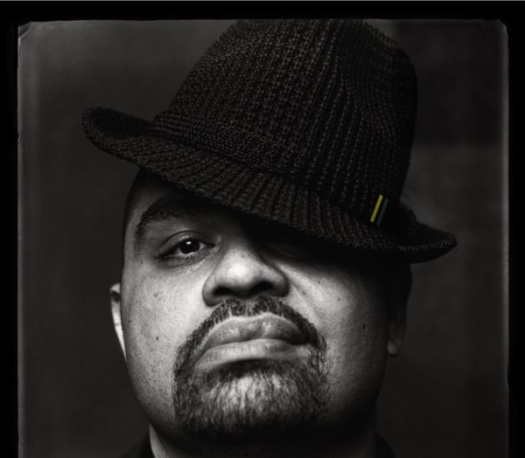
In the late 1980s, hip hop music was a force to be reckoned with. The genre was saturated with new acts, mainly from the East Coast, that had to have a piece of the pie.
In the late 1980s, hip hop music was a force to be reckoned with. The genre was saturated with new acts, mainly from the East Coast, that had to have a piece of the pie.
Dwight Myers and a few of his friends were no different.
Myers, commonly known as Heavy D, burst on the scene and the group, Heavy D & the Boyz took the industry by storm.
The group, which included GWhiz (Glen Parrish), “Trouble” T. Roy (Troy Dixon, deceased) and DJ Eddie F (Edward Ferrell) came out with their first album in 1987, "Living Large" and didn’t look back.
Hip hop loyalists grooved to many of their hits, including "Mr. Big Stuff," "We Got Our Own Thang," "Girlz," "They Love Me" and "Now That We Found Love."
Heavy and the boys completed two albums that topped the R&B charts before they lost a member of the group.
T. Roy died from a fall during rehearsal in 1990. His death inspired a tribute, "They Reminisce Over You (T.R.O.Y.)" on the group’s next album, "Peaceful Journey," a year later.
They had a total of nine albums, including two of his solo projects. Fans also heard their music as the theme song to the hit television sketch comedy show "In Living Color."
As the years progressed, the rapper from “money-earning Mt. Vernon, N.Y.” began to focus on an acting career and appeared in shows such as "Roc," "Living Single," "Boston Public" and "Bones"; in the off-Broadway play "Riff Raff"; and in movies, including "New Jersey Drive," "Life" and "The Cider House Rules."
After a nine-year lull from making music and focusing on fatherhood, he’s back, but this time with a completely different flavor of music–– Jamaican.
He longed to release a full CD of reggae music back in the day, but the market wasn’t ready for it. Plus, Heavy D & the Boyz rode a great wave of success in the 1990s, he told the Defender.
When he got back in the studio, he started producing “good” music, but not “great” music, Heavy D said.
“It’s not good enough to just (be) putting something out that (is) only good. That’s disrespectful to the fans and to the craft. They are used to a certain level of music, and for me to come back on the scene and not give them that is not acceptable,” he said.
______
To read the rest of this article, subscribe to our digital or paper edition. For previous editions, contact us for details.
Copyright 2009 Chicago Defender. All rights reserved. This material may not be published, broadcast, rewritten, or redistributed.